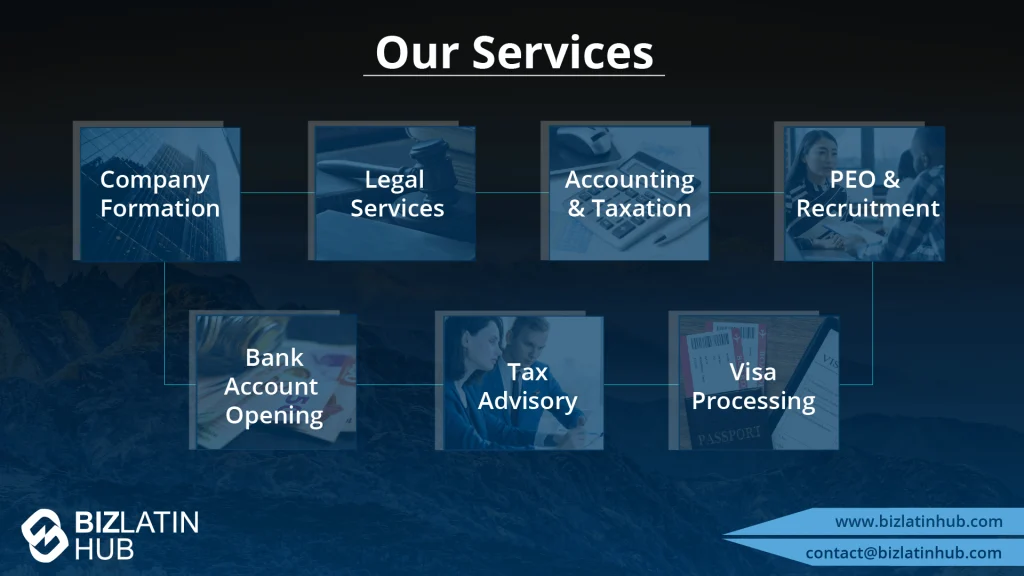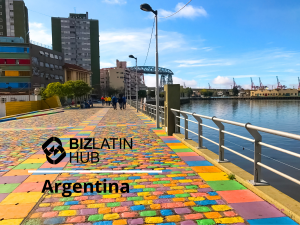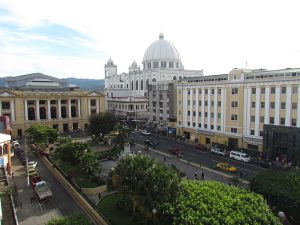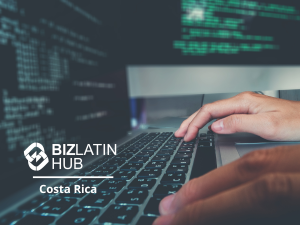The Colombian oil and gas sector is undergoing a period of technological change, alongside other key revenue-generating sectors in Colombia.
After exploring the government’s commitment to Colombia’s modernization through its National Development Plan (PND), and briefly introducing the PND’s intersecting pacts that could have a technological impact in the oil and gas industry in Colombia, it is vital to put theory into practice. We break down the essential elements of these intersecting pacts aimed at greater technological development in Colombia, and their relationship with the country’s oil and gas upstream, midstream and downstream operations.
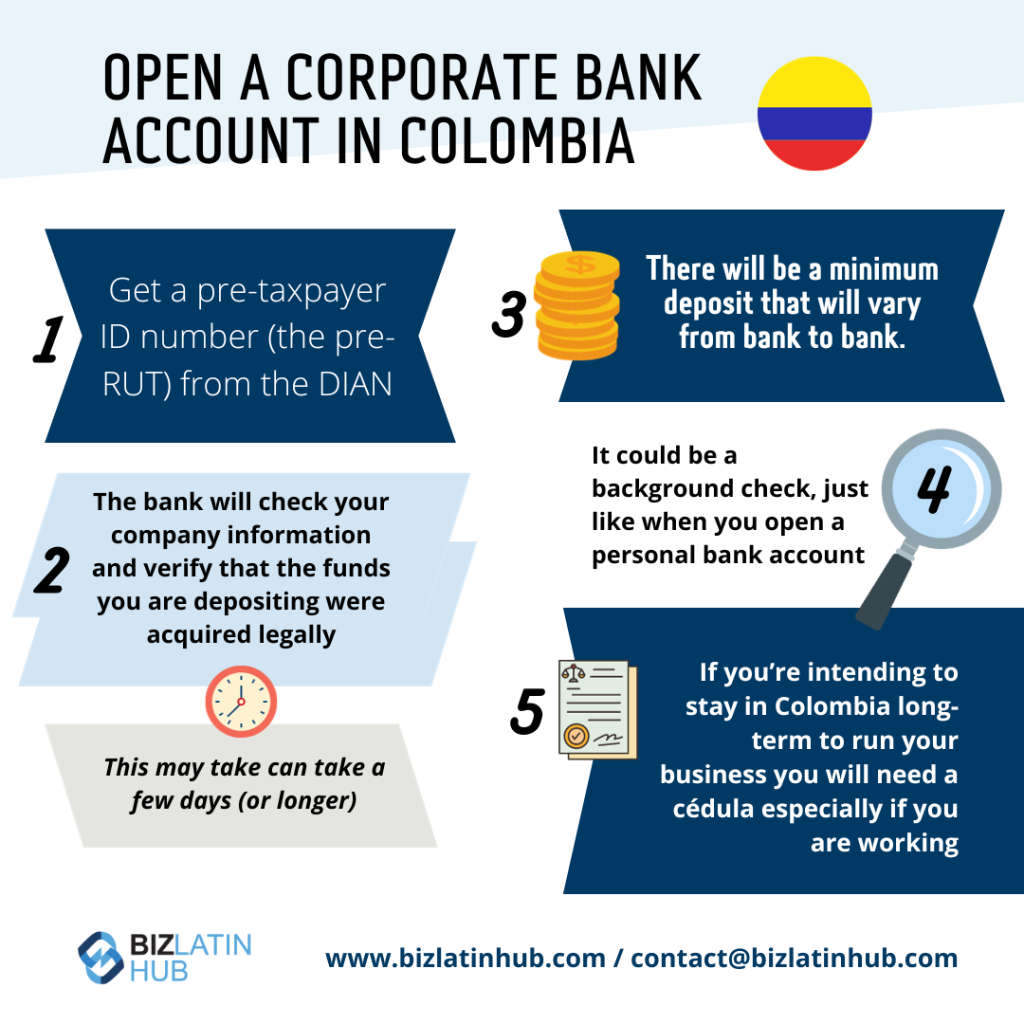
Colombian Oil and Gas Opportunties – Discussion in three parts
This series, “Colombian Oil and Gas Companies amidst the Tech Revolution” is divided into 3 parts. Parts 1 and 2 outlined the status and potential of, and challenges for oil and gas industry development. We introduced Colombia’s National Development Plan, and how several objectives within that plan known as ‘Pacts’ will impact the future of oil and gas.
With Part 3, we build on the theory and government objectives and consider how the country can achieve modernization and growth in the oil and gas sector.
Intersecting pacts in the National Development Plan
As mentioned in Part 2, there are several pacts driving modernization in the National Development Plan (PND) that cross paths, and can be applied to the oil and gas industry in Colombia. These include:
- Science, Technology and Innovation (STI)
- Digital Transformation
- Mining and Energy Resources.
We take a deeper dive into these pacts and their effects on oil and gas in the country.
Science, Technology and Innovation Pact
This pact recognizes that Colombia has only invested modest amounts of money in science, technology and innovation, therefore its development in the international context is low.
According to this pact, Colombia invests 0.67% of its GDP in STI, while the average investment in other Latin countries is equal to 1%. Also, investigators working in companies represent 2.5%, while the average figure of investigators working in companies in other Latin countries is equal to 22%.
STI development
The main government objectives in the Science, Technology, and Innovation Pact are to:
- Increase public and private investment in STI
- stimulate collaboration between universities and companies for research with greater impact
- take advantage of Colombians with PhD education who will return to the country in the coming years
- promote public innovation through tools to measure, strengthen and articulate innovation capacities.
To achieve these objectives, the government will:
- adjust the regulatory framework to take advantage of disruptive technologies and foster new industries 4.0
- co-finance research, technological development, and innovation projects aimed at small and medium enterprises through tax benefits.
Ministry of Science, Technology and Innovation
Before establishing the PND in May 2019, the Ministry of Science, Technology and Innovation (MinSTI) was created by Law 1951 in January of that year. The MinSTI seeks to promote STI growth in line with the plan. It is expected to be operational by January 2020.
The PND outlines that this Ministry is to substitute Colciencias, Colombia’s previous department mandated with STI development responsibilities. Objectives for this new Ministry include:
- STI policy formation for Colombia
- STI developments promoted under the government’s guidelines
- Ensuring that STI developments relate to productive sectors and favor productivity and competitivity.
Possible impacts on oil and gas in Colombia
Though policy development is still in progress, market observers expect to see a boost to the Colombian Petroleum Institute, the petroleum engineering and geology faculties, and other institutions dedicated to investigating and to develop the country. The MinSTI is set to benefit the oil industry by making its operations more efficient, allowing it to reduce impacts on the environment.
Oil Channel’s editorial note in January 2019 states that the MinSTI intends to “give the country and the oil industry more mobility to sponsor projects and studies in the three fundamental pillars on which the strategy to maintain the self-sufficiency of hydrocarbons, namely fracking, (currently suspended by the Council of State, except for pilot projects for investigation purposes), offshore exploration, and enhanced recovery, as the main strategies to increase reserves.”
The Colombian oil and gas industry also has the opportunity of transferring relevant technical information to the MinSTI to support it in achieving its mission. Sharing information will empower investigation, leading to the development and use of best practices in these fields.
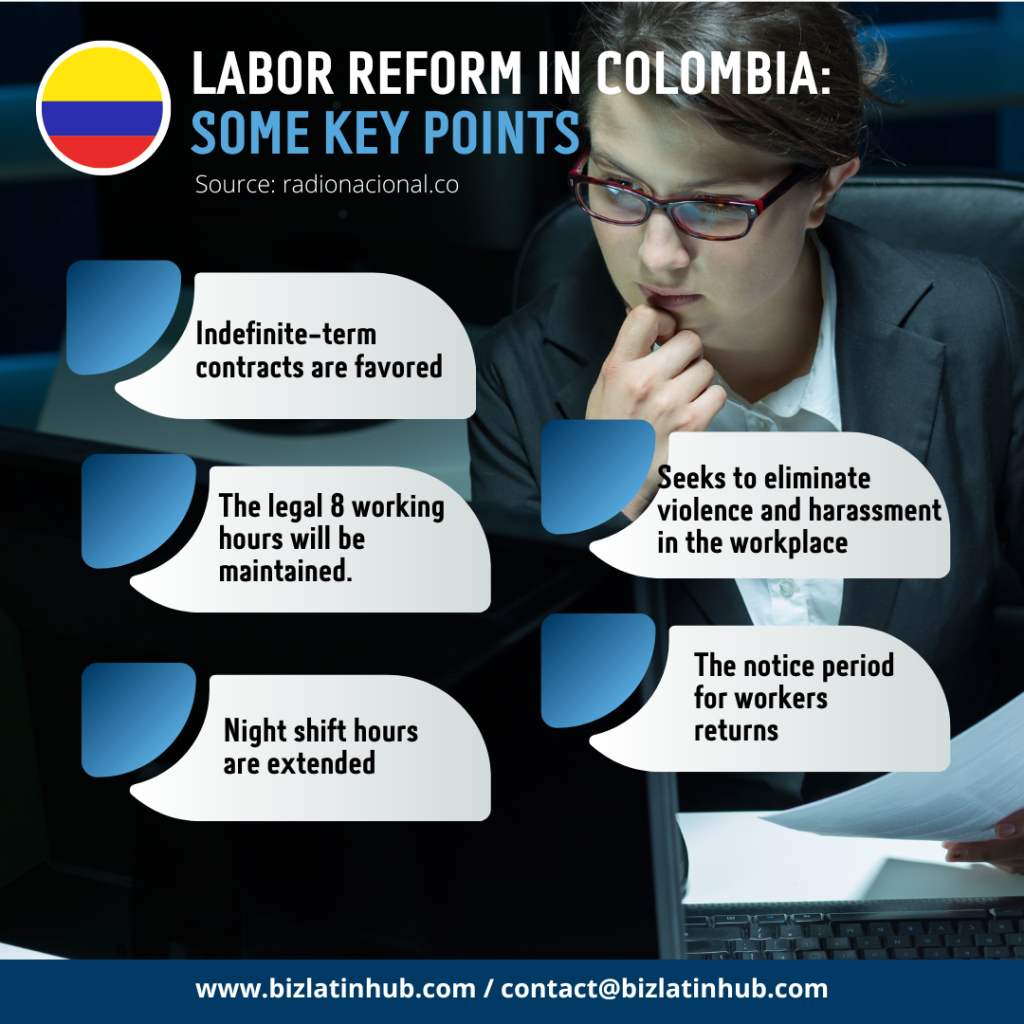
Tax incentives for research and development
A novel element of the PND is a tax incentives and regulatory improvement that will benefit entities who invest in research, technology development and innovation projects. One example of this is fiscal credits offered to small and medium companies who hire employees with PhD studies to carry out research and development activities.
Digital Transformation Pact
The Digital Transformation Pact seeks to bring the internet and its myriad online services to lower-income households, and to rural areas in Colombia. It also seeks to improve the interaction between public entities and citizens through digital government strategies.
The novel element in this pact in the PND is a projected boost in productivity led by a profound digital transformation.
Digital development
The main government objectives in ICT are to:
- Accelerate digital social inclusion through incentives to deploy networks to reach the neediest homes
- Generate a sustainable model for public internet access solutions in rural areas, to obtain universal access and affordable services
- Develop a policy for digital transformation focusing on the interoperability of platforms, public contact through a single portal, use of emerging technologies, digital security, training in digital talent, and promotion of the entrepreneurship ecosystem
- Improve internet quality in the country
- Promote digitalization and mass automation in public administration procedures
Reaching the objectives
There are several key considerations that the government is working towards to develop an integrated digital modernization plan. On an international level, Colombia must comply with United Nations Global Compact Principles regarding their human rights, labor, environment, transparency, and anti-corruption elements. They must take actions to support UN goals, including the “Millennium” and “Sustainable Development Goals –SDG: Social Inclusion- Economic growth- Environmental preservation. The government also has to bear in mind their ranking on regional and global Human Development, Access to Information and Technological Advancement Indexes.
Other vital aspects of creating a comprehensive approach towards digital transformation include:
- Radio electric spectrum auction for 5G mobile development and internet access,
- Administration and development of the network and services infrastructure through access to remote rural areas and last mile in the municipalities,
- Working on digital economy solutions, (digital government, intelligent cities, and emerging technology applications,
- Support for innovation and entrepreneurship programs,
- Articulating and implementing corporate and institutional digital transformation programs and projects.
ICT Modernization Law
On 25 July this year, Congress issued Law 1978, 2019. This law, known as the ICT Modernization Law, seeks to:
- increase legal certainty in relation to ICT
- modernize the institutional framework of the sector
- make investments to close the digital gap
- encourage the participation of the private sector in ICT-related projects.
This law is set to ensure that more vulnerable and impoverished populations have access to primary communication means and platforms such as the internet.
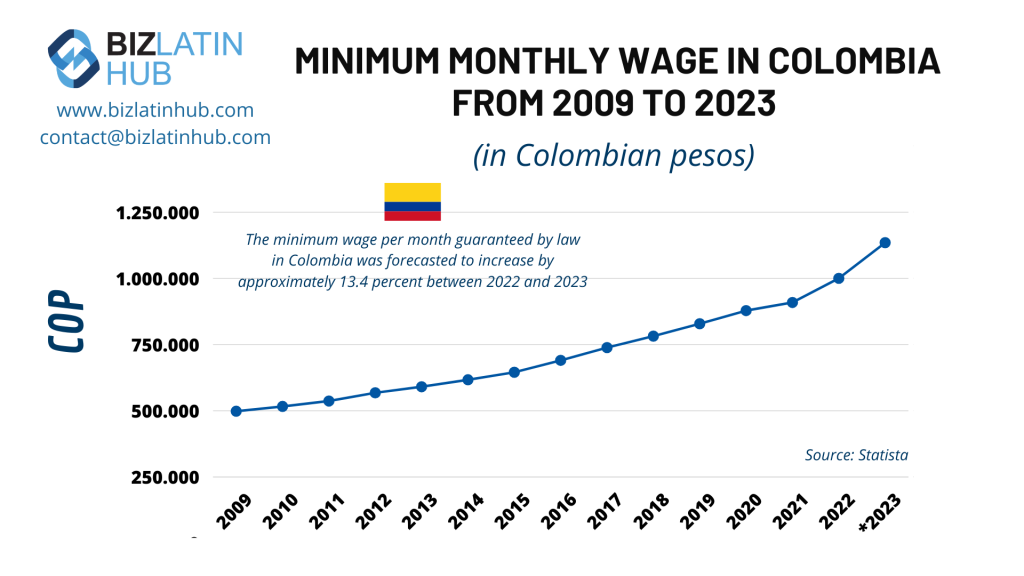
ICT opportunities in oil and gas
Most oil and gas companies in Colombia have advanced communication systems. Several investments resulting from the construction, operation, maintenance of such infrastructure, should come from the government but many of the oil industry activities in the country are in remote areas where there is scarce state presence. Hence, companies end up making investments in communication infrastructure. Hopefully, the digital transformation will allow companies to make such investments in other significant areas and to focus on their core business.
Open data systems will allow information to be shared among operators, allowing them to make better decisions, share structures, and have scale economies.
Access to the internet in remote rural areas will allow company employees, contractors, service providers, and communities to benefit from being able to work from home and control operations from a distance.
ICT platforms are essential for the access, interaction, and information transaction of monitoring and control (data) of the different systems, components or elements involved, in each of the oil and gas activities.
Mining and Energy Resources Pact
The Mining and Energy Resources Pact acknowledges that the mining and hydrocarbon sector is a crucial motor for driving economic growth. This sector attracts investment, generating royalties, taxes, and economic considerations in favor of increased national outputs and revenue. The income generated from these sectors can be used to invest in poverty reduction, boosting territorial development.
PND development for mining and energy
Regarding technological development of the oil sector, the PND specifically states that:
- The National Agency of Hydrocarbons (ANH) will develop tools to modernize the crude control and inspection process.
- The oil and gas industry shall innovate in the use of exploration and production techniques, and continue to implement the transfer of technology from international entities, to increase operational efficiency and reduce costs.
Outcomes for oil and gas
Colombia’s oil and gas industry continues to play a crucial role in the country’s economic and social development.
The ANH was established more than 15 years ago. It now has a significant database that has grown over the last years, centralizing essential information for the industry.
Speeding up processes for the assignment of exploration blocks for oil companies will result in a benefit for all.
The oil industry is ahead in its automation processes and asset management. However, further STI and ICT development will most likely support offshore operations, enhanced recovery, and the optimal use of technologies for the exploration and production of unconventional resources.
Given that the income from the oil industry is still crucial for government finances, the authorities (especially the Ministry of Mines and Energy and the ANH) are working diligently in evaluating specific incentives for the industry to encourage the increase in the Recovery Factor of the current fields by at least 5% through the implementation of state-of-the-art technology in enhanced oil recovery projects.
Innovation and the use of new exploration and production techniques, plus the transfer of technology from the oil and gas companies, will allow the transformation of traditional commercial structures in the emerging information society.
Digital transformation is inherently disruptive. For the oil industry in Colombia, welcoming this change means:
- constructing new business models
- using new techniques such as artificial intelligence, blockchain, process automation/straight-through processing
- understanding the value of and incorporating the Internet of Things, machine to machine, robotics, automated transportation, cloud computing, big data analytics, virtual reality, software development, business and knowledge process outsourcing, and naturally, technology applied to Health, Safety, Environment and Quality (HSEQ).
Make us part of your journey
We’re following the oil and gas industry with particular interest in recognizing opportunities for foreign investment and business. If you want to be part of this transformation get in touch with leading legal and accounting experts in this space.
At Biz Latin Hub, our Colombian team stays up to date on oil and gas activity and government initiative. Our experienced local and expatriate professionals can guide you through the initial market entry phases, and ongoing employment and operational compliance requirements. With our expertise, we guarantee your company the best start in this exciting sector.
Reach out to us at here for more information about our suite of commercial services in Colombia, and the integral role we can play in your company’s expansion.
